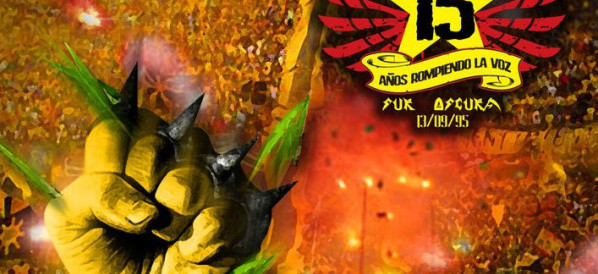 6 Terms
6 TermsHome > Terms > Armenian (HY) > մերկանտիլիզմ
մերկանտիլիզմ
The conventional economic wisdom of the 17th century that made a partial come-back in recent years. Mercantilists feared that money would become too scarce to sustain high levels of output and employment; their favored solution was cheap money (low interest rates). In a forerunner to the 20th-century debate between Keynesians and monetarists, they were opposed by advocates of classical economics, who argued that cheap and plentiful money could result in inflation. The original mercantilists, such as John Law, a Scots financier (and convicted murderer), believed that a country’s economic prosperity and political power came from its stocks of precious metals. To maximize these stocks they argued against free trade, favoring protectionist policies designed to minimize imports and maximize exports, creating a trade surplus that could be used to acquire more precious metal. This was contested for the classicists by Adam Smith and David Hume, who argued that a country’s wealth came not from its stock of precious metals but rather from its stocks of productive resources (land, labor, capital, and so on) and how efficiently they are used. Free trade increased efficiency by allowing countries to specialize in things in which they have a comparative advantage.
- Deel van toespraak: noun
- Synoniem(en):
- Blossary:
- Industrie/Domein: Economy
- Category: Economics
- Company: The Economist
- Product:
- Acroniem-Afkorting:
Andere talen:
Wat wilt u zeggen?
Terms in the News
Featured Terms
բանավոր հմտություններ
skills or abilities in oral speech, ability of speech, fluency in speaking
Donateur
Featured blossaries
tim.zhaotianqi
0
Terms
40
Woordenlijsten
4
Followers
longest English words
 6 Terms
6 Termsarchitected
0
Terms
27
Woordenlijsten
14
Followers
The North Face 2015 Collection
 20 Terms
20 TermsBrowers Terms By Category
- Prevention & protection(6450)
- Fire fighting(286)
Fire safety(6736) Terms
- Inorganic pigments(45)
- Inorganic salts(2)
- Phosphates(1)
- Oxides(1)
- Inorganic acids(1)
Inorganic chemicals(50) Terms
- Satellites(455)
- Space flight(332)
- Control systems(178)
- Space shuttle(72)
Aerospace(1037) Terms
- Misc restaurant(209)
- Culinary(115)
- Fine dining(63)
- Diners(23)
- Coffehouses(19)
- Cafeterias(12)
Restaurants(470) Terms
- Biochemistry(4818)
- Genetic engineering(2618)
- Biomedical(4)
- Green biotechnology(4)
- Blue biotechnology(1)


